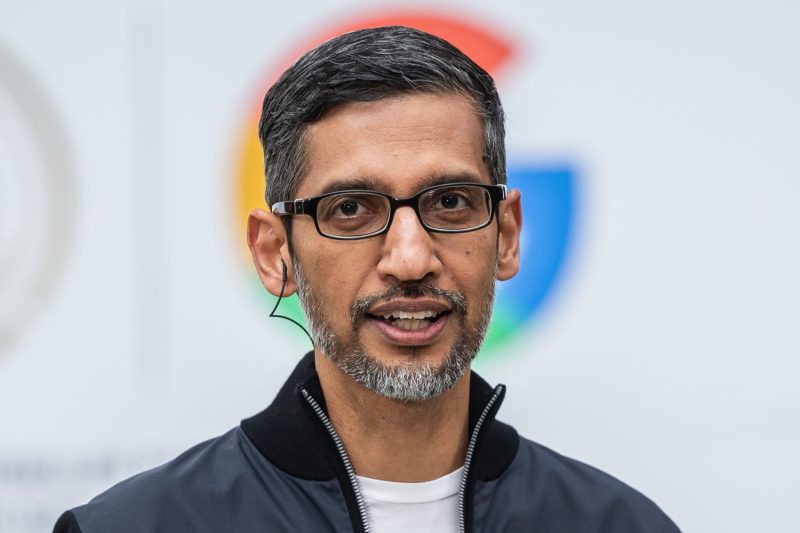In a landmark ruling that could have far-reaching implications for the tech industry, Google has been found guilty of violating antitrust laws by the European Union. The EU’s decision to penalize Google for its anti-competitive practices is a significant victory for competition and consumer choice in the digital market.
The investigation into Google’s monopolistic behavior began several years ago after several complaints were filed by rival companies, accusing the tech giant of unfairly promoting its own services and products in search results. The European Commission, the executive arm of the EU, launched a thorough investigation into these allegations and found that Google had indeed engaged in anticompetitive behavior.
One of the key findings of the investigation was that Google was giving preferential treatment to its own services, such as Google Shopping, in search results. This practice gave Google an unfair advantage over its competitors and stifled innovation in the digital marketplace. By promoting its own services at the expense of others, Google was able to maintain its dominant position in the search engine market.
The EU’s decision to penalize Google for its antitrust violations sends a strong message to other tech companies that engage in similar practices. It serves as a warning that the EU will not tolerate anti-competitive behavior that harms competition and consumer choice. The penalties imposed on Google are intended to deter the company from engaging in such practices in the future and to level the playing field for all businesses in the digital market.
While Google has indicated that it will appeal the EU’s decision, the ruling is a significant victory for competition and consumer rights. It demonstrates the importance of enforcing antitrust laws to prevent monopolistic behavior and protect the interests of consumers. By holding tech companies accountable for their actions, regulators can help foster a more competitive and innovative digital marketplace.
The outcome of the Google antitrust case will have far-reaching implications for the tech industry as a whole. It may prompt other regulators around the world to take a closer look at the practices of tech giants and hold them accountable for any anti-competitive behavior. Ultimately, the goal is to promote fair competition, foster innovation, and protect consumer choice in the digital market.


























